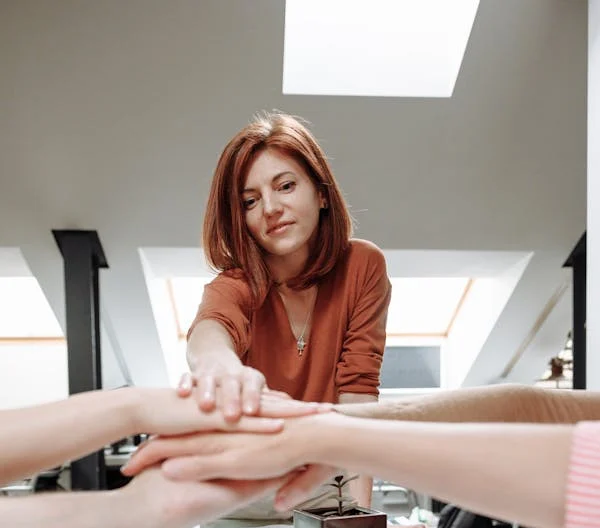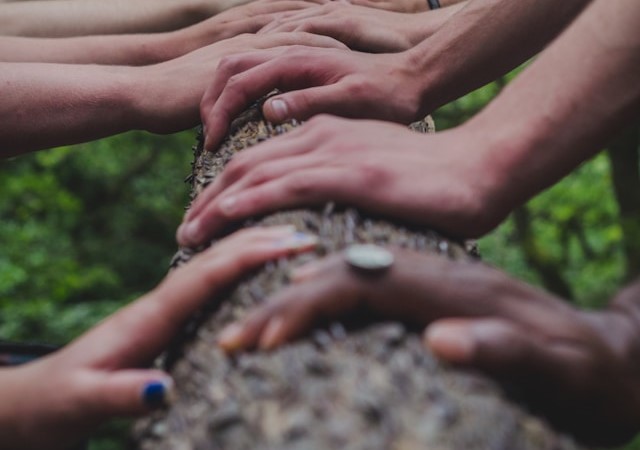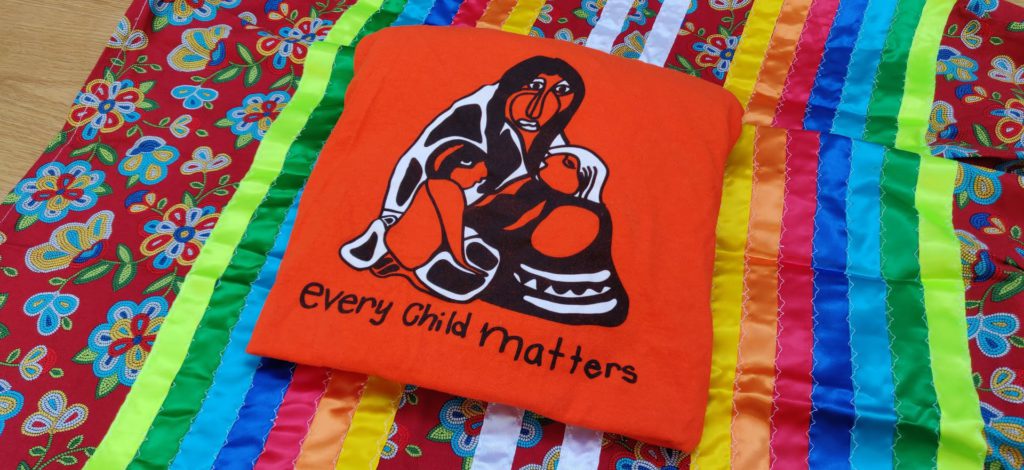Despite the growing prevalence of flexible and remote employment, burnout has become a serious concern that many organizations are grappling with.
We have all heard the term, but what does burnout mean? Burnout is largely the result of ill-managed chronic workplace stress. It manifests through emotional exhaustion, depersonalization, and a diminished sense of personal accomplishment. Burnout seriously affects employees’ physical and mental well-being, productivity, and overall job satisfaction. Understanding the relationship between psychological safety and burnout is essential for fostering a healthy workplace environment.
Psychological safety refers to an individual’s perception of the consequences of taking interpersonal risks in their work environment. In other words, psychological safety is the perception that we can express thoughts and ideas, challenge the status quo, ask questions, and admit mistakes without fear of punishment or humiliation. This is not to say that we should feel comfortable being constantly negative, argumentative, or combative without consequence. Rather psychological safety is the perception that we are safe to raise unpopular questions, be authentic in our curiosity, think outside the box, and learn from missteps. This sense of safety is critical in mitigating burnout and enhancing overall employee well-being.
Psychological Safety as a Buffer Against Burnout
Research consistently shows that high perceptions of psychological safety significantly reduce the risk of burnout. When employees feel safe, they are more likely to voice concerns, seek support, and collaborate effectively—all of which are essential to managing stress and preventing burnout.
Psychological safety provides a buffer against the pressures and demands of modern work life. Employee confidence that ideas and feelings will be respected can result in greater resilience in the face of challenges. This resilience stems from the assurance that their workplace is a supportive space where they can rely on their colleagues and leaders for help and understanding.
A Leader’s Role in Fostering Psychological Safety
Leaders play a critical role in establishing and maintaining psychological safety within their teams. Effective leaders create an environment where open communication is encouraged and diverse perspectives are valued. They model behaviours that promote trust and respect, such as actively listening to employees, admitting their own mistakes, and responding to feedback constructively.
- Encouraging Open Communication: Leaders can foster psychological safety by encouraging open communication. This involves creating regular opportunities for team members to share their thoughts and concerns. Team meetings, one-on-one check-ins, and anonymous feedback channels can all contribute to a culture of openness.
- Modelling Vulnerability and Empathy: When leaders are open about their own challenges and show empathy toward employees’ struggles, it humanizes them and reduces the stigma associated with vulnerability. This modelling can encourage employees to be more open and supportive of each other.
- Recognizing and Valuing Contributions: Acknowledging employees’ efforts and contributions builds a sense of value and belonging. When leaders celebrate successes and recognize the hard work of their team, it fosters a positive and motivating environment.
The Dark Side: Leadership and Psychological Safety
Conversely, leaders who lack the experience to create a safe and supportive environment contribute to a climate of fear and anxiety. This exacerbates burnout. Leaders who are overly critical, dismissive of employee input, or inconsistent in their expectations can undermine psychological safety. Such behaviours can lead to a culture where employees are afraid to speak up, share ideas, or seek help, increasing stress and the risk of burnout. For example:
- Micromanagement and Overcontrol: Leaders who micromanage can stifle creativity and autonomy, leading to frustration and stress. Employees who feel they have no control over their work are more likely to experience burnout.
- Inconsistent Behaviour: Leaders who are unpredictable in their reactions create an environment of uncertainty. Employees in such settings may constantly feel on edge, worrying about potential negative repercussions for their actions.
- Lack of Support and Recognition: When leaders fail to support their team or recognize their efforts, it leads to feelings of isolation and undervaluation. This lack of support drains employees’ emotional and psychological resources, making them more susceptible to burnout.
Conclusion
The interplay between psychological safety and burnout is a critical consideration for any organization aiming to enhance employee well-being and productivity. Leaders hold the key to creating environments where psychological safety is the norm, not the exception. By fostering open communication, modelling vulnerability, and recognizing contributions, leaders can mitigate the risk of burnout and cultivate a thriving, resilient workforce. However, leaders must also be vigilant about their own behaviours, which could significantly diminish psychological safety and, in turn, amplify the risk of burnout. The responsibility lies in leadership to nurture a culture that not only prioritizes psychological safety but also actively works to sustain it.
Organizations must prioritize creating a safe and supportive work environment where employees feel comfortable speaking up, taking risks, and sharing their ideas. By focusing on these key areas, organizations can effectively address burnout and create a culture that values their employees’ well-being and success.
Ready to learn more?
Subscribe to our newsletter to hear about when our online, self-paced courses are available!




